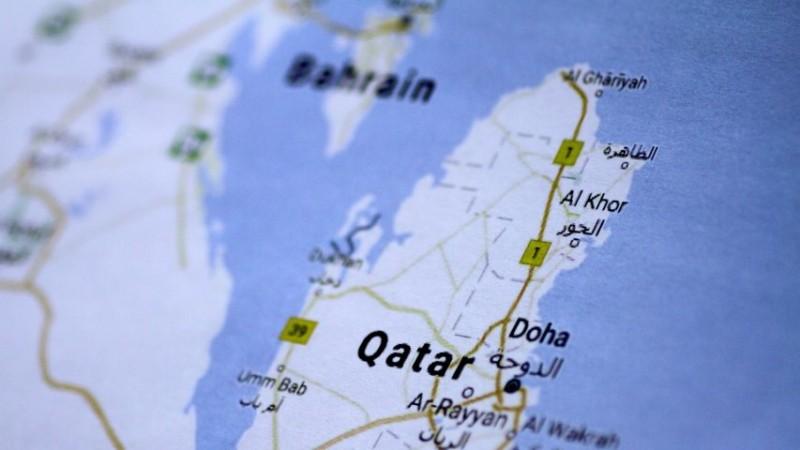Saudi Arabia and its allies including the United Arab Emirates (UAE), Bahrain and Egypt on Monday extended the deadline given to Qatar to meet their 13 demands by another two days, according to Saudi Arabia's foreign affairs ministry.
The request for an extension came from the Emir of Kuwait who has been mediating between Qatar and the coalition. The foreign minister of Qatar reached Kuwait on Monday, July 3, to hand over his government's response to the list of demands.
The biggest diplomatic crisis of West Asia in recent times took shape when a number of countries decided to boycott Qatar on charges of supporting terrorism. The development came days after US President Donald Trump visited Saudi Arabia where he gave call for a coalition to fight terrorism. Trump even took credit for the isolation of Qatar despite the fact that the tiny yet super-rich country hosts the US's biggest air base in West Asia and also a traditionally ally. However, Washington entered a jet deal with Doha a few days after Trump backed the anti-Qatar move.
Big power bullying small neighbour: Qatar reminds of Cuba
Qatar's position reminds one of Cuba, which was isolated by the US for several decades for remaining close to the erstwhile Soviet Union and serving as its proxy in the Western Hemisphere. Imposed in 1958, the embargo only got stronger as the Cold War intensified.
Cuba's turning socialist after the failure of the Bay of Pigs invasion in 1961 and the Cuban missile crisis the next year saw the Americans strengthening the restriction on the small maritime neighbour. The presence of the towering Fidel Castro who ruled Cuba for a long, long time saw the US continue with its ideological uneasiness with the small state for an equally lengthy period.
In Qatar, too, something similar is happening. It's also a tiny neighbour of Saudi Arabia which has targeted it because of economic and diplomatic reasons, if not ideological as was the case with the US and Cuba. The Gulf country has also been boycotted on charges of supporting terrorists just as Cuba was isolated for turning socialist.
And there is ample possibility of the idea of isolating Qatar hurting the foreign policy of Saudi Arabia and its coalition as the blockade of Cuba had done with Washington's foreign affairs.

Critics of the US's embargo on Cuba argue that by doing so, Washington had actually given Castro an exit route. He could divert the attention from the failure of his socialism towards the blockade to say his country was suffering because of the Americans' isolation policy.
Isolating Cuba didn't topple Fidel Castro
Washington would have done it smarter by allowing Cuba to collapse under the burden of its domestic failures instead of imposing sanctions that made none but itself morally responsible. Economically, too, the isolation meant more suffering for the common man who could have been empowered economically, eventually thwarting Castro. On the contrary, while the common Cubans suffered, Castro and the ruling elite continued to live life king size, feeding upon whatever little the island-nation had produced.
In case of Qatar too, a similar story could unfold. The Gulf country is not as poor as Cuba and is even set to host the Fifa World Cup in 2022. If the impositions are too strong, it can make a countermove by turning off the taps of natural gas and oil to the countries opposing it. Also like Cuba which had an ally in the Soviet Union at least till the latter collapsed, Qatar has a number of allies in the region, including the US.

The biggest risk of the one-sided isolation of Qatar is political. In reply to the 13 demands put against Qatar, the latter's al-Jazeera has come with its own demand: the demand for freedom of press.
The entire discourse of the current crisis can change if al-Jazeera's demand, which is very much in line with today's times, gains a traction and the Saudis face a backlash for not allowing enough democratisation of its own media.
The script on Qatar has all the ingredients to become another Cuba in West Asia and before stretching it too far, the Saudis and their allies should know how the US's coercive policy against Cuba had eventually gained nothing.
















